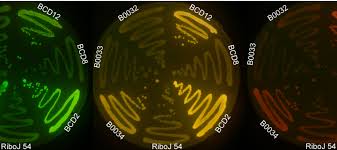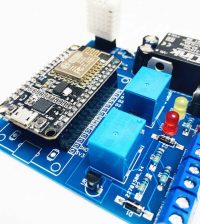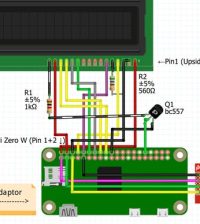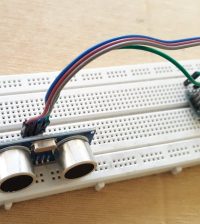- makeITcircular 2024 content launched – Part of Maker Faire Rome 2024Posted 2 weeks ago
- Application For Maker Faire Rome 2024: Deadline June 20thPosted 2 months ago
- Building a 3D Digital Clock with ArduinoPosted 7 months ago
- Creating a controller for Minecraft with realistic body movements using ArduinoPosted 7 months ago
- Snowflake with ArduinoPosted 8 months ago
- Holographic Christmas TreePosted 8 months ago
- Segstick: Build Your Own Self-Balancing Vehicle in Just 2 Days with ArduinoPosted 8 months ago
- ZSWatch: An Open-Source Smartwatch Project Based on the Zephyr Operating SystemPosted 9 months ago
- What is IoT and which devices to usePosted 9 months ago
- Maker Faire Rome Unveils Thrilling “Padel Smash Future” Pavilion for Sports EnthusiastsPosted 10 months ago
Shedding Light: when Open Source serves the research in biology and bioengineering
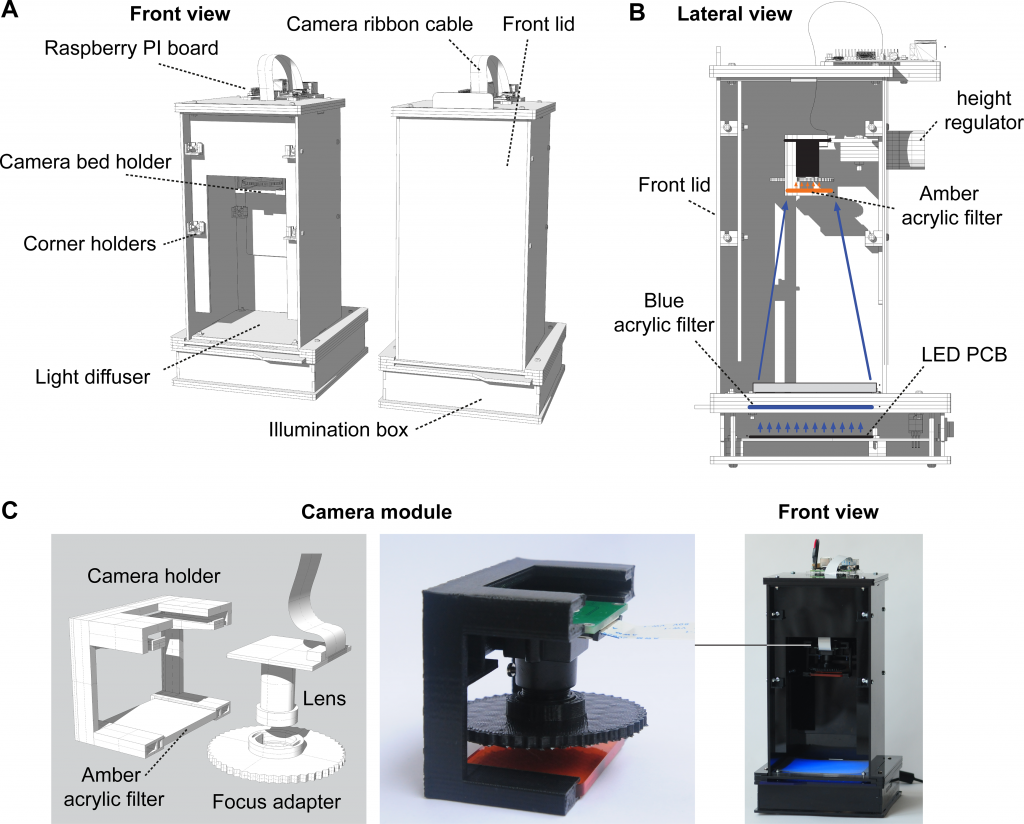
The open source movement has facilitated the development of low cost and easy-to-use technologies for scientific settings. A study published in PLOS ONE describes the creation of a novel multi-fluorescence imaging system from readily available, low cost components.
“Fluorescence imaging has become an essential tool for research and education in biological sciences and bioengineering. However, instrumentation for fluorescence imaging is expensive and access to software is often restricted, which imposes a high barrier for democratizing its usage outside academic labs and wealthy research institutions. Open hardware and free/libre and open source software (FLOSS) provides the tools for fabricating these devices at a much lower cost and with better adaptability. The advent of easy-to-use microcontrollers, off-the-shelf electronics and customizable manufacturing technologies such as 3D printers and laser-cutting machines, has given rise to a diverse community of open hardware developers, users and tinkerers. This ethos has facilitated the development of inexpensive scientific devices and laboratory equipment”
For this Shedding Light system they combined low-cost color cameras, off-the-shelf electronics, inexpensive acrylic filters, open-source software, easy-to-use genetic resources, and recently developed long Stokes shift fluorescent proteins to create an integrated imaging system for multiple fluorescence signals from a single excitation wavelength. The device was designed to allow imaging at different scales, ranging from a single bacterial colony (~500–1000 μm) to entire petri dishes (~10 cm), scales not often covered by commercially available devices.
They explored the applications and limitations of this system in a series of diverse experimental setups that required spatio-temporal tracking of multiple fluorescence signals. They also demonstrate the value and robustness of their system for low cost science, technology, engineering and mathematics (STEM) education, scientific research and bioengineering. All the resources developed are available under open source licenses.
